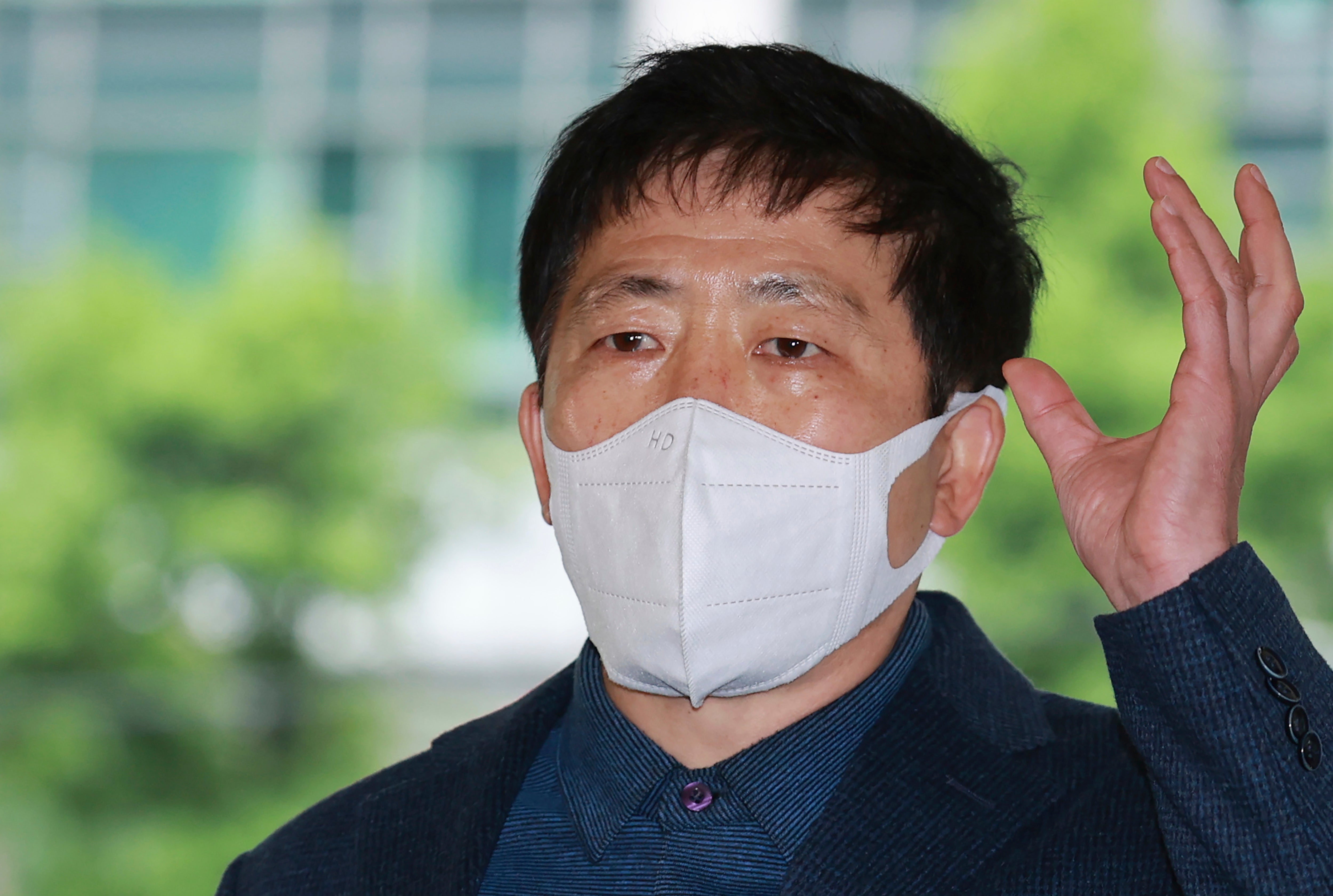SKorean police summon activist over anti-Pyongyang leaflets
South Korean police have summoned an anti-Pyongyang activist for questioning hours after President Moon Jae-in appeared to criticize the activist's campaign of sending propaganda leaflets into North Korea

Your support helps us to tell the story
From reproductive rights to climate change to Big Tech, The Independent is on the ground when the story is developing. Whether it's investigating the financials of Elon Musk's pro-Trump PAC or producing our latest documentary, 'The A Word', which shines a light on the American women fighting for reproductive rights, we know how important it is to parse out the facts from the messaging.
At such a critical moment in US history, we need reporters on the ground. Your donation allows us to keep sending journalists to speak to both sides of the story.
The Independent is trusted by Americans across the entire political spectrum. And unlike many other quality news outlets, we choose not to lock Americans out of our reporting and analysis with paywalls. We believe quality journalism should be available to everyone, paid for by those who can afford it.
Your support makes all the difference.South Korean police in Monday summoned an activist who said he flew hundreds of thousands of anti-Pyongyang propaganda leaflets toward North Korea in defiance of a new law that criminalizes such activities.
The questioning of Park Sang-hak came hours after President Moon Jae-in in a nationally televised speech issued apparent criticism toward Park without naming him, saying it’s “never desirable” to dampen relations with the North by violating inter-Korean agreements and South Korean laws.
While South Korea has faced criticism over the anti-leafleting law, which some human rights advocates see as an attack on democratic freedoms and efforts to break the North’s information blockage, Moon stressed that his government has “no choice but to strictly enforce laws.”
Police had searched Park’s office last week after he announced that his group launched balloons carrying 500,000 leaflets, 5,000 one-dollar bills and 500 booklets about South Korea’s economic riches across the border during April 25-29.
If confirmed, Park’s action would be the first known violation of the law, which took effect in March and punishes anti-Pyongyang leafletting with up to three years in prison or a fine of 30 million won ($27,000).
Officials at the Seoul Metropolitan Police Agency didn't immediately confirm any details from the questioning or whether they were pushing for Park's arrest.
Park has said his actions were aimed at informing North Koreans on the harsh realities of Pyongyang’s authoritarian regime and claimed that other activists will continue to launch leaflets across the border even if he goes to jail.
North Korea is extremely sensitive to outside criticism about its leadership, and Park’s announcement drew vitriol from Kim Yo Jong, the powerful sister of North Korean leader Kim Jong Un who handles inter-Korean affairs. She said in a statement released through state media that the leafletting was an “intolerable provocation” and that her government would look into corresponding measures. In 2014, North Korean soldiers at the border fired toward balloons flying toward its territory, prompting South Korean troops to return fire.
Seoul's anti-leafletting law was fiercely debated during a video conference hearing called by U.S. lawmakers last month, where U.S. Rep. Chris Smith of New Jersey accused Seoul of retreating from its “longstanding commitment to human rights vis-à-vis North Korea and China, ostensibly in the cause of fostering better relations or achieving nuclear nonproliferation.”
South Korean lawyer Jeon Sumi, who were among the panelists defending the law, insisted that leafletting unnecessarily provokes the North and endangers the safety of South Koreans living in border areas.